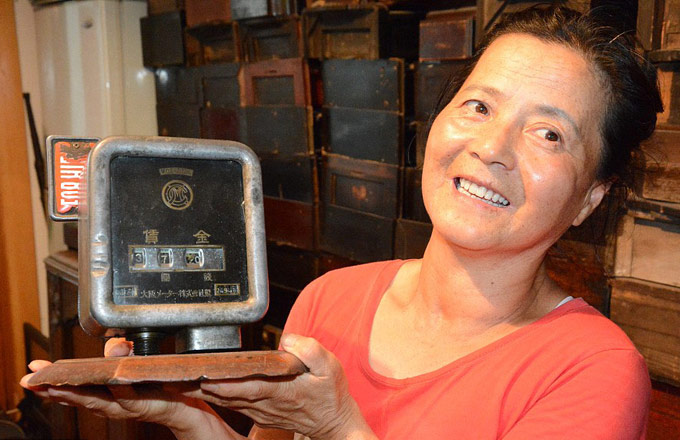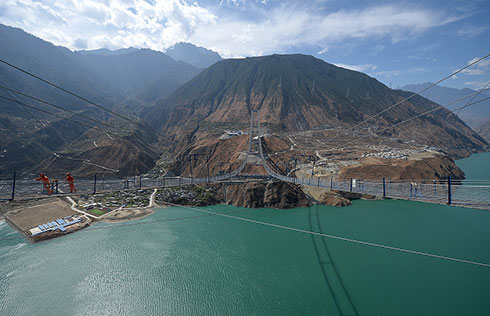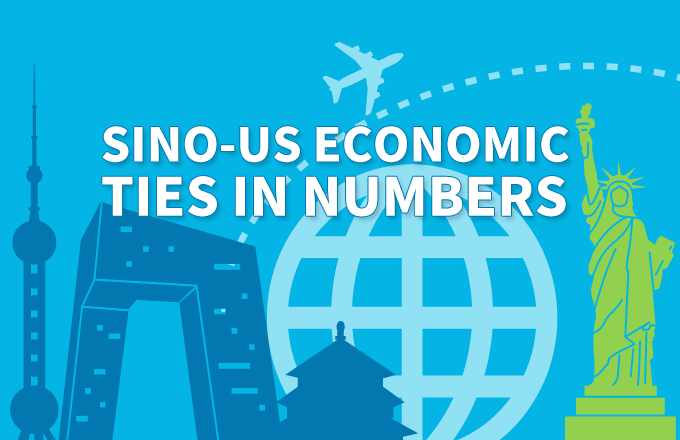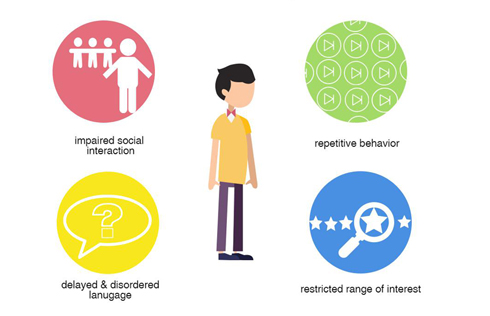China's Belt and Road Initiative promotes connectivity, development along ancient route
A CHINESE MATTER, ALSO A WORLD MATTER
It has been nearly two years since the Chinese-owned company Southeast Asia Telecommunications entered the Cambodian market. With an investment of 150 million U.S. dollars, a fiber network extending 10,000 km, and over 1,000 base stations, the company has improved the efficiency of communications in Cambodia, and was spoken highly of by Cambodian Prime Minister Hun Sen.
Apart from opening up a new market in Cambodia with the dedication to high-speed Internet and high-quality phone calls, the company is also shouldering social responsibility by launching the Youth Sci-Tech Education Base and the Cloud Data Center.
"Previously, people saw most 'Belt and Road' programs in areas such as energy and infrastructure. In 2016, cooperation between China and those countries along the routes have been expanded to education, culture, medical care and telecommunications," said Zhao of the Central Party School
If the "hard connection" of the Belt and Road draws countries geographically closer, then the "soft connection" brings people together.
Till now, over 100 countries and international organizations have expressed willingness to actively support and join the initiative, 40 of which have signed cooperation deals with China.
In 2017, a Belt and Road summit will be held to further map out the blueprint of the initiative, explore business opportunities and deepen alignment of development strategies between China and the relevant parties.
On June 22, 2016, during a speech at the Legislative Chamber of the Uzbek Supreme Assembly in Tashkent, Xi called for building a green, healthy, intelligent and peaceful Silk Road, laying out the future of the initiative.
According to Huang Rihan, Executive Director of the Belt and Road Institute at the Center for China and Globalization think tank, a green Silk Road urges environmental protection and intensive cultivation for sustained development.
A healthy Silk Road means closer cooperation in medical care and health among related countries. An intelligent Silk Road calls for people cultivation and exchanges. A peaceful Silk Road aims at implementing a common, comprehensive, cooperative and sustainable security concept in Asia, then promoting world peace and stability, Huang added.
While addressing the Uzbek Parliament, Xi invited other countries to attend the 2017 Belt and Road summit. The summit will not only look back at the fruitful harvest made so far under the initiative, but also set up a new starting point for the future, observers said.
"The Belt and Road Initiative will not be a flash in the pan, nor will it be formalism," said Zhao, "China will go deep with the initiative and turn it into real benefits."
"The agreement reached in November by the UN General Assembly to further promote the Belt and Road Initiative worldwide shows that its construction involves not just China, but also countries along the routes and the world at large," said Wang Yiwei, a professor at Renmin University of China.
- Construction starts on world's highest power transmission project in Tibet
- Henan province school invests one million yuan into building on-site zoo
- Shenzhen regulates bike sharing service
- Former vice Jiangsu governor expelled from CPC, public office
- Xu Qin appointed acting governor of Hebei

















